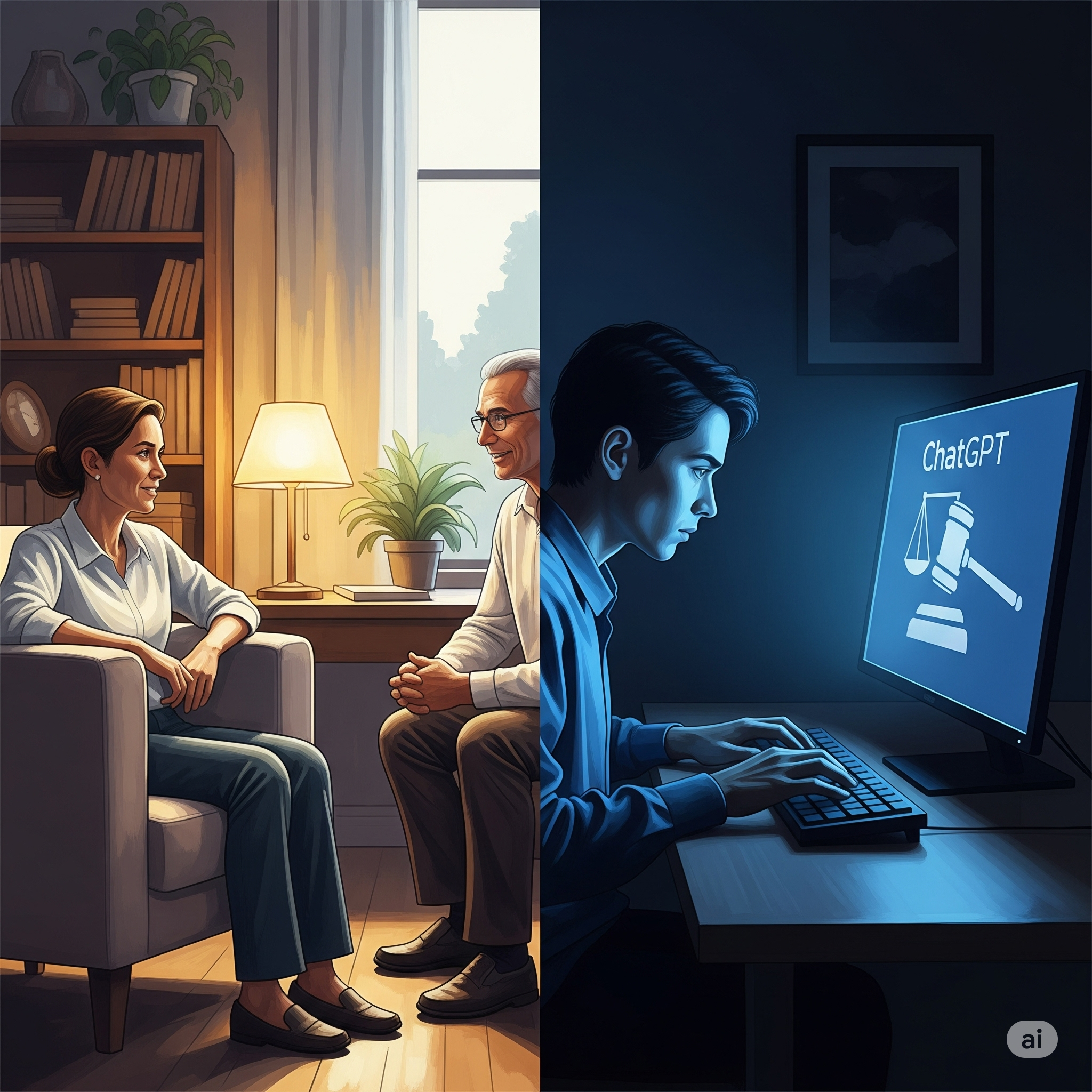Artificial intelligence has transformed how we seek information, advice, and even emotional support. But as ChatGPT and similar tools weave deeper into our lives, OpenAI CEO Sam Altman’s recent caution rings especially loud: your conversations with AI aren’t protected like those with a therapist. This raises profound questions about privacy, ethics, and what safe mental health support should look like in the digital age.
The Rise of ChatGPT as a Digital “Confidant”
Millions now confide in ChatGPT for everything from academic help to emotional struggles. Young people, in particular, have turned to AI chatbots for relationship advice, life coaching, and mental health guidance—all because these platforms are available 24/7, judgment-free, and fast.
But here’s the big catch: these AI interactions, no matter how personal, do not carry legal protections. In other words, if you pour your heart out to ChatGPT and that conversation gets subpoenaed, the content could become court evidence.
What Sam Altman Actually Said
On the podcast “This Past Weekend with Theo Von,” Sam Altman described the issue as “very screwed up.” He explained:
“If you go talk to a therapist or a lawyer or a doctor about those problems, there’s legal privilege for it. There’s doctor-patient confidentiality, there’s legal confidentiality. And we haven’t figured that out yet for when you talk to ChatGPT. … If there’s a lawsuit or whatever, we could be required to produce that.”
Deleted chats? Still accessible—for legal and security reasons. Unlike end-to-end encrypted apps, OpenAI employees can access and review user data to improve the technology or comply with legal orders. Vice the420 TechCrunch
Why the Legal Gap Matters
No Privacy, No Protection
- Confidentiality breakdown: Conversations with therapists and doctors are shielded by strict legal “privileges.” AI chats—no matter how intimate—are not.
- Potential legal exposure: Sensitive personal data, from mental health confessions to relationship details, could be disclosed in lawsuits.
- No current framework: Lawmakers have yet to define how AI conversations fit into traditional privacy laws, despite rapid adoption.
Real-World Risks
- Your “private” session with ChatGPT could become public record.
- Young users, unaware of these risks, may disclose information that haunts them in future disputes.
- Companies facing lawsuits may be forced to retain and hand over user conversations—even deleted ones.
Why People Use AI for Mental Health—and Why It’s Risky
The Appeal
- 24/7 support: AI never sleeps. Perfect for midnight worries.
- Stigma-free: Users often feel less judged typing into a chat window than visiting a therapist.
- Instant information: Quick responses, resources, and advice on tap.
The Dangers
- Lack of empathy and nuance: AI can mimic empathy—but cannot truly understand or help with trauma, depression, or crisis.
- Privacy blindspots: Users may not fully grasp the risks of sharing sensitive details online.
- Erosion of real-world support: Overreliance on bots could replace necessary human connection and professional expertise.
What Needs to Change? Altman’s Call for AI-Specific Privacy Laws
Sam Altman stresses the urgent need for AI privacy protections on par with doctor-patient or attorney-client confidentiality. This would require lawmakers to:
- Establish legal privilege: Protect AI conversations from subpoena, unless there’s imminent risk.
- Mandate clear disclosures: Platforms must inform users that chats are not confidential.
- Improve data security: AI providers need to safeguard and, when possible, encrypt personal conversations.
- Define AI’s role in wellness: Set boundaries for AI use in mental health, flagging it as a supplement—not a substitute—for licensed care.
What Can You Do to Stay Safe?
Smart Tips for ChatGPT Users
- Avoid discussing sensitive personal issues with AI chatbots—especially mental health diagnoses, trauma, or illegal activities.
- Read privacy policies: Know how your data is handled and for how long it’s retained.
- Seek real support: For mental health or emotional struggles, always consult a licensed professional.
For Parents and Educators
- Teach digital literacy: Help young people understand what’s safe to share online.
- Promote real-world connections: Encourage reliance on human support for personal challenges.









+ There are no comments
Add yours